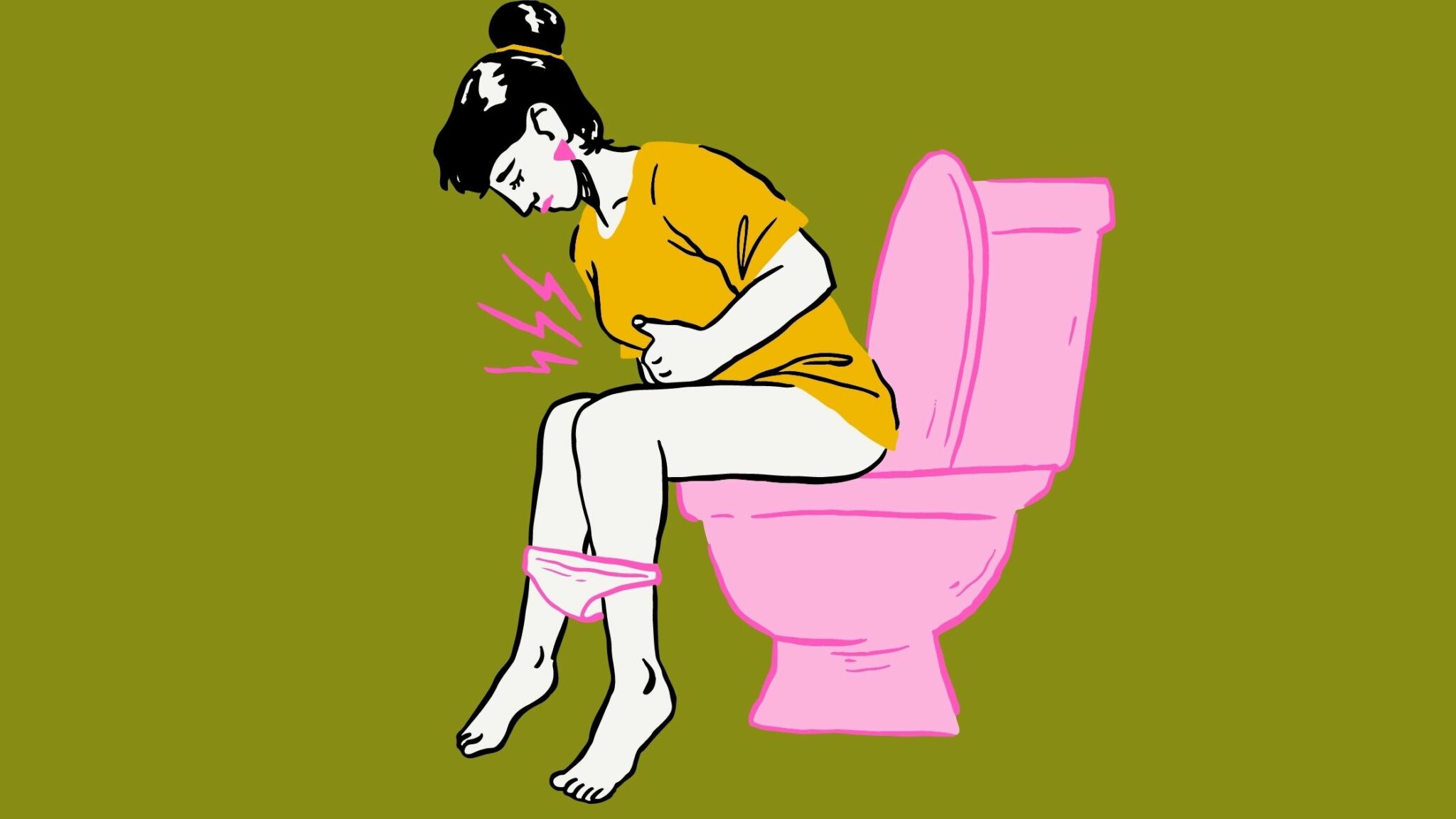7 Signs of Poor Gut Health
The state of your gut health plays a crucial role in your overall well-being. Therefore, paying attention to the signs of poor gut health can help you make the necessary changes to improve your life.
Specifically, these are seven signs that might suggest your gut needs a little more attention.
1. Upset Stomach
An upset stomach is one of the most common signs of poor gut health.
Particularly, frequent problems like cramping abdominal pain, gas, bloating, constipation, heartburn, diarrhea, or vomiting might indicate that your gut isn’t functioning optimally.
These symptoms could be signs of stress, unhealthy lifestyle choices, or even an underlying digestive issue like IBS, Crohn’s disease, or celiac disease.
2. Unintentional Weight Changes
Weight changes that occur without changes to diet or exercise habits can be a sign of poor gut health.
Rapid, unexplained weight loss could be due to Small Intestinal Bacterial Overgrowth (SIBO), where bacteria in the small intestine become overgrown and interfere with nutrient absorption.
Conversely, weight gain and difficulty losing weight can also signal gut health issues.
This is because an imbalanced gut can harm the body’s ability to store fat, control blood sugar, and respond to hunger and fullness cues.
3. Chronic Fatigue
Surprisingly, poor gut health may manifest as chronic fatigue or low energy levels.
There is some evidence that an unhealthy gut could potentially interfere with your sleep and disrupt your energy levels.
Since your gut produces sleep-regulating hormones like serotonin, any imbalance might affect your sleep patterns and make you feel tired more often.
4. Skin Irritation
Skin conditions like atopic dermatitis, rosacea, acne, and psoriasis could be signs of poor gut health.
Some studies suggest that inflammation in the gut caused by poor diet or food allergies could potentially cause an increase in systemic inflammation, thereby leading to skin irritation.
5. Food Intolerances
Food intolerances, different from allergies, can also be signs of poor gut health.
Some people may have difficulty digesting certain foods because of the poor quality of their gut bacteria.
Thus, this can result in symptoms like abdominal pain, bloating, gas, heartburn, diarrhea, and nausea.
6. Mood Changes
Mood changes are another indicator of poor gut health.
Scientists believe that the gut microbiome has a significant impact on mood and mental health, potentially influencing conditions like depression and anxiety.
It’s also worth noting that much of the body’s serotonin, a neurotransmitter that helps regulate mood, is produced in the gut.
Therefore, an unhealthy gut can disrupt the balance of serotonin, potentially leading to mood disturbances.
7. Autoimmune Conditions
Poor gut health may be linked to the development of autoimmune conditions.
That’s because the gut plays a crucial role in immune function.
Therefore, an imbalance in gut bacteria can lead to an overactive immune system, which in turn can lead to the body attacking itself.
Frequently Asked Questions about Gut Health
What is the gut microbiome, and why is it important?
The gut microbiome refers to the community of trillions of bacteria and other microorganisms that live in your digestive tract.
These organisms play a critical role in digestion, nutrient absorption, immune system function, and even the production of certain vitamins.
An imbalance in the gut microbiome can potentially lead to a number of health problems, including some of the signs of poor gut health mentioned above.
How can I improve my gut health?
Improving gut health involves a combination of a balanced diet, regular exercise, adequate sleep, and stress management.
Specifically, consuming a diet rich in fiber, lean proteins, and healthy fats, as well as probiotic-rich foods like yogurt and fermented foods, can support a healthy gut.
Regular physical activity and adequate sleep also promote a healthier gut.
Can poor gut health lead to mental health issues?
There is some evidence to suggest that poor gut health can potentially affect mental health.
This is because of the gut-brain axis, a communication network that links the gut and the brain.
Hence, an imbalance in the gut microbiome could potentially influence mood and contribute to conditions like depression and anxiety.
How does poor gut health affect weight?
Poor gut health can potentially impact weight in several ways.
An imbalance in gut bacteria may affect how your body stores fat, how it responds to hormones that make you feel hungry or full, and how it utilizes the calories from food.
This could potentially lead to unexplained weight gain or weight loss.
Can gut health affect skin health?
Yes, gut health can indeed influence skin health.
Some studies have suggested that inflammation in the gut can lead to increased systemic inflammation, which can potentially cause skin conditions like eczema or acne.
This connection is part of what’s often referred to as the gut-skin axis.
Remember, if you’re experiencing any signs of poor gut health, it’s important to consult with a healthcare provider. They can provide a more accurate diagnosis and appropriate treatment options based on your specific symptoms and overall health history.






